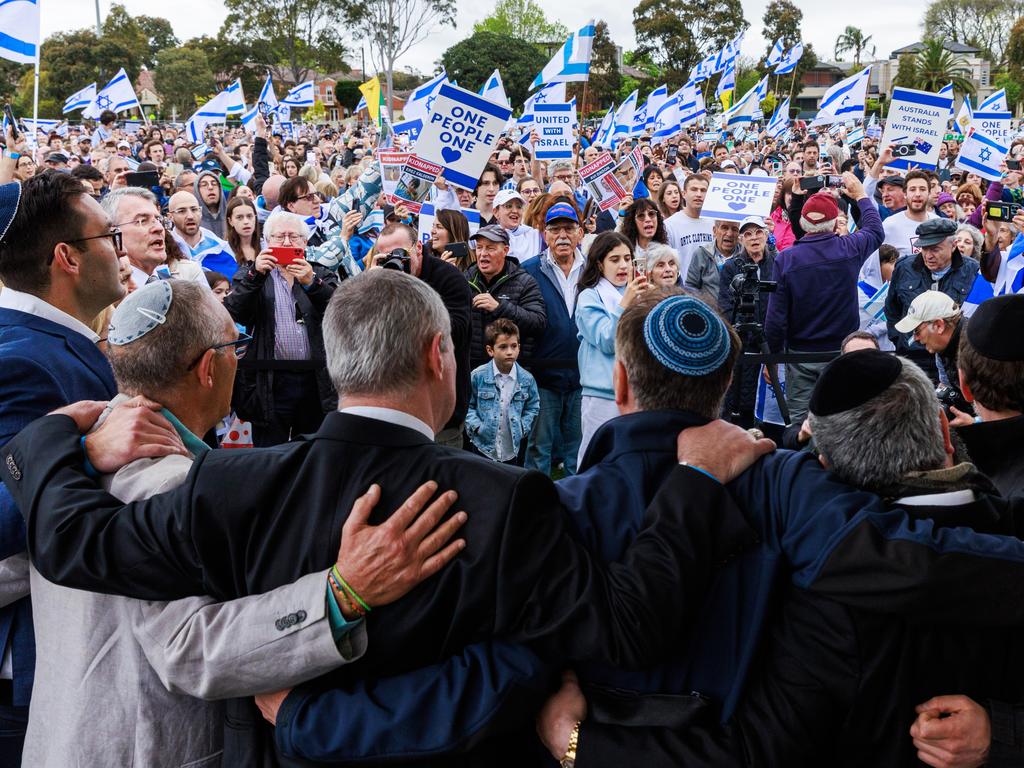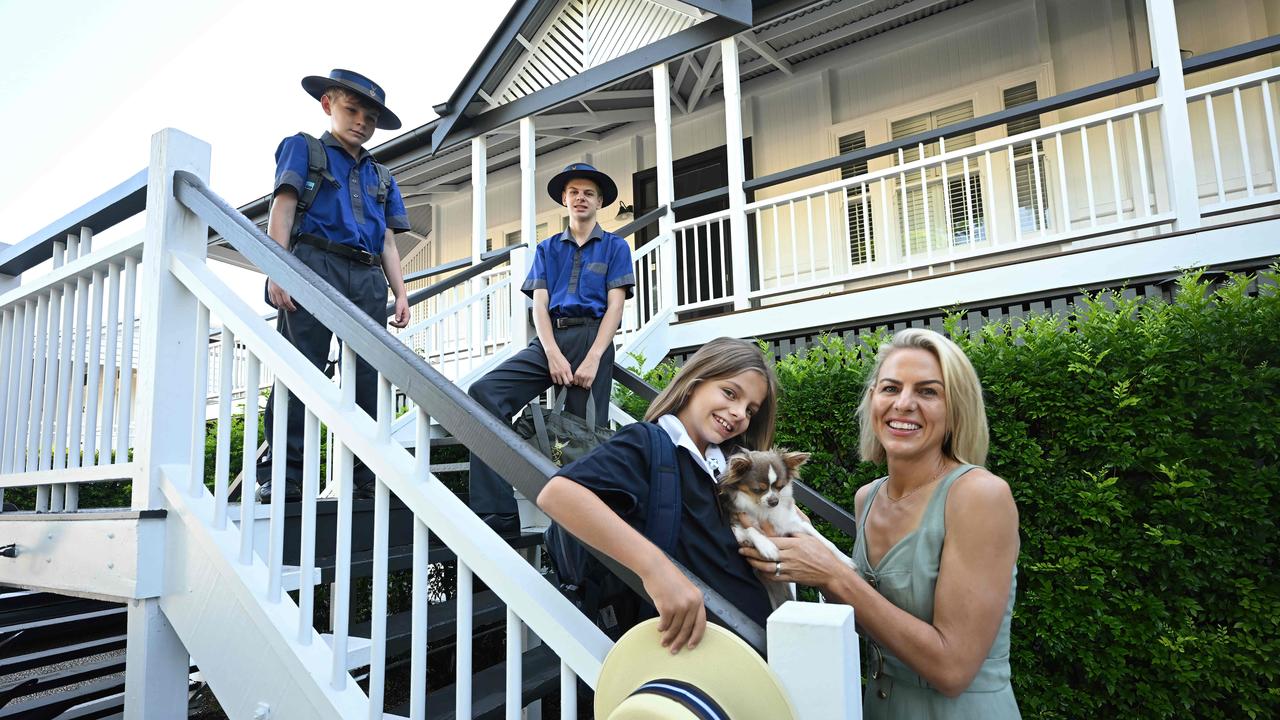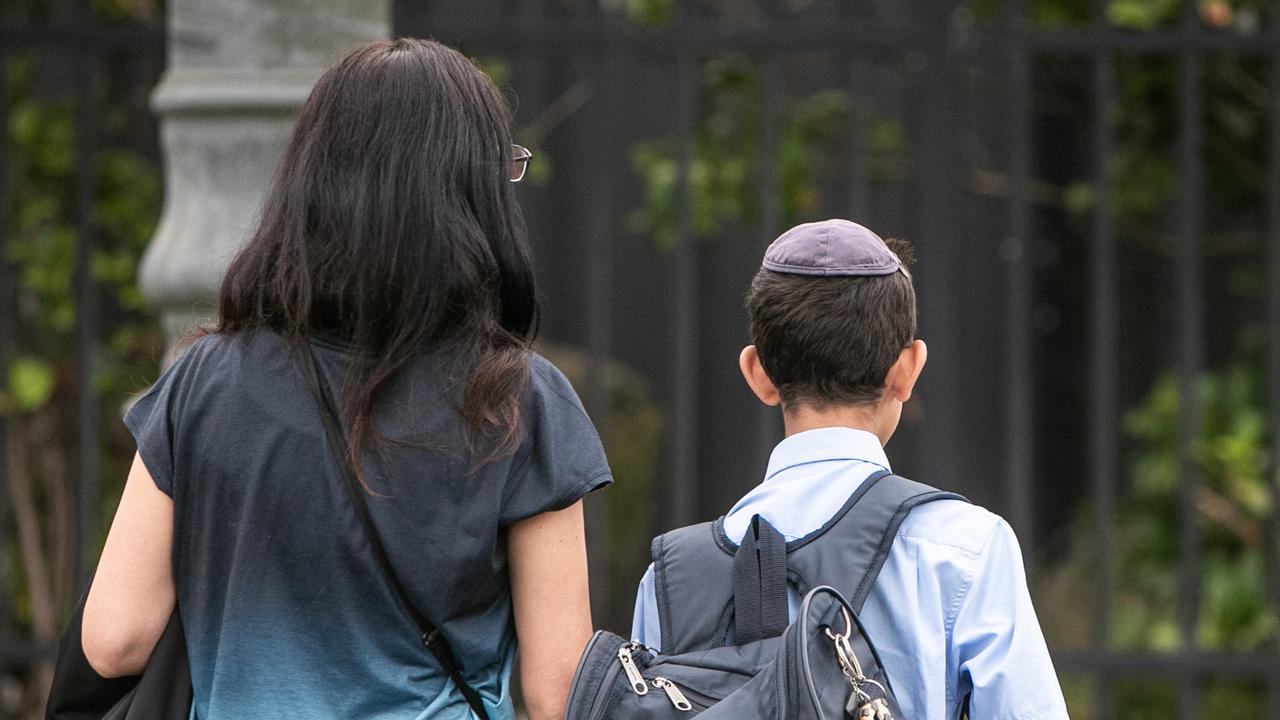‘It’s like a death in the family’: Australian family of abducted woman speak
A Melbourne-based doctor has fears for his cousin who was abducted by Hamas militants six days ago.
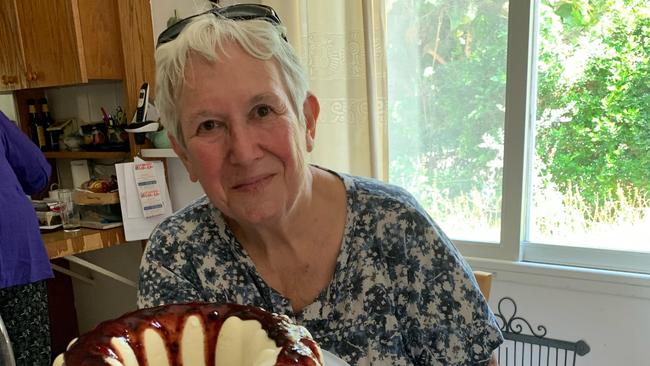
The Australian family of an elderly woman kidnapped by Hamas militants from a southern Israeli kibbutz six days ago say not knowing anything is the hardest part.
Margalit Moses is a 78-year-old grandmother who lives in Nir Oz, an agricultural community near the Gaza border, which was raided by terrorists on Saturday.
From the vast fields of Nir Oz, you can see Gaza, which Ms Moses’ Australian cousin, Benny Monheit, says “is a bit scary” to think about now.
Ms Moses was one of dozens reportedly abducted from the Kibbutz, including babies and teenagers.
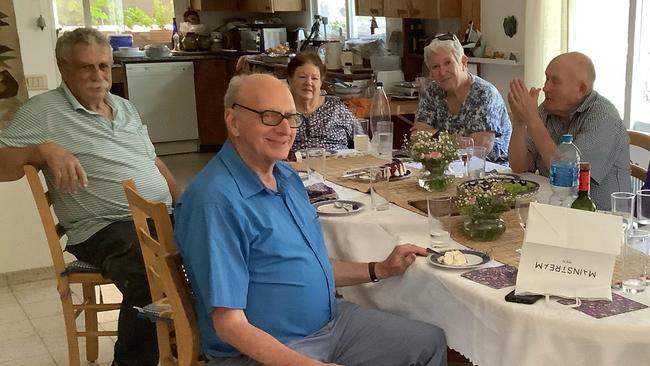
Dr Monheit, from Melbourne, said he and his family overseas think Ms Moses, who lived alone, is somewhere in Gaza.
“We don’t know what happened – whether the terrorists were apprehended and killed, and how they managed to drag her over to Gaza. It’s a mystery and it happened to quite a lot of people in areas close to the Gaza border,” he said.
The family are left to imagine what Ms Moses is going through, and in some ways are forced to mourn her. “She’s elderly. In her late 70s. And I’m sure they’re holding her in terrible conditions in some tunnel somewhere, if she’s still alive … It’s very difficult,” Dr Monheit said. “It’s almost like a death in the family, and not quite.”
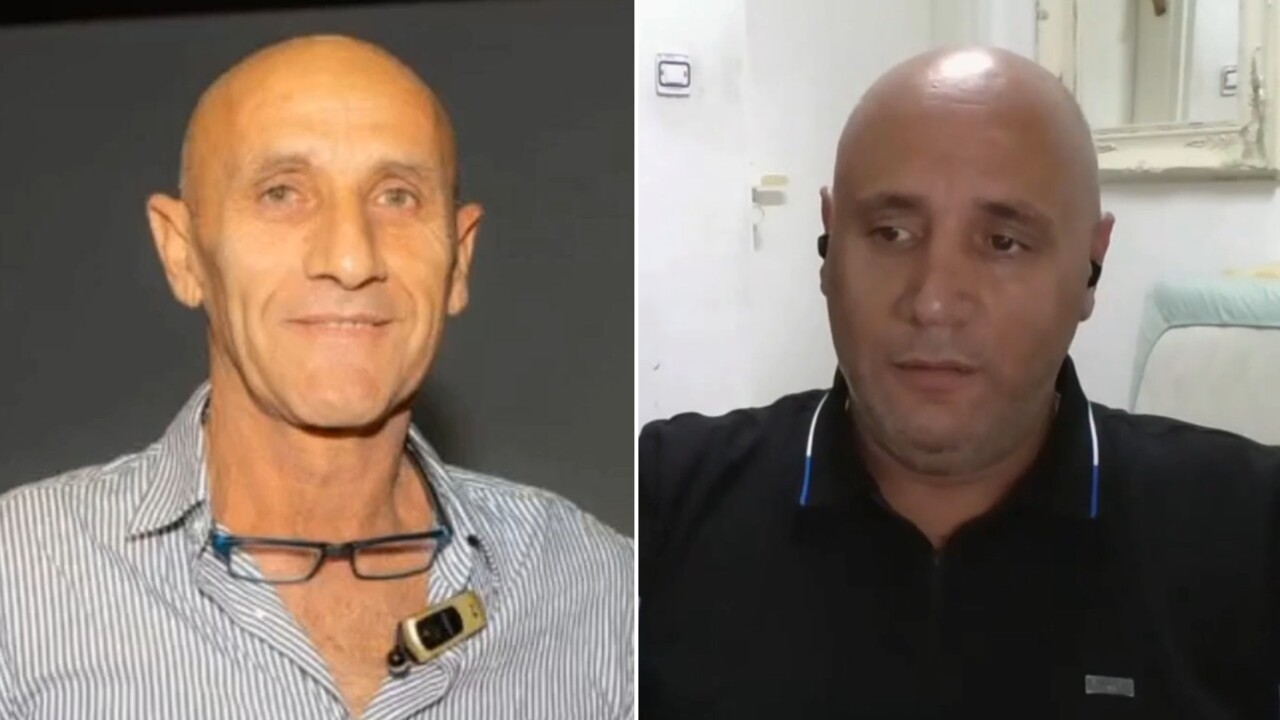
What the family do know is the community of Nir Oz, home to about 400 people, was engulfed in flames on Saturday morning before Hamas militants entered homes, killed whole families and kidnapped others.
Some in the community called it “a second Holocaust”, according to local media.
Ms Moses’s ex-husband, who lives a street away, was also abducted. “It’s barbaric. There’s nothing good about taking any hostages, but elderly people and young children are caught up in this too,” Dr Monheit said
Now they wait for any kind of communication from Ms Moses, Hamas, or the government.
Dr Monheit describes Nir Oz, which he visits every two years, as “a beautiful kibbutz”.
“It was a place where people felt that it was a dream place to live in. It’s not in the city, but a community on the periphery where people grow grapes and other fruits,” he said.
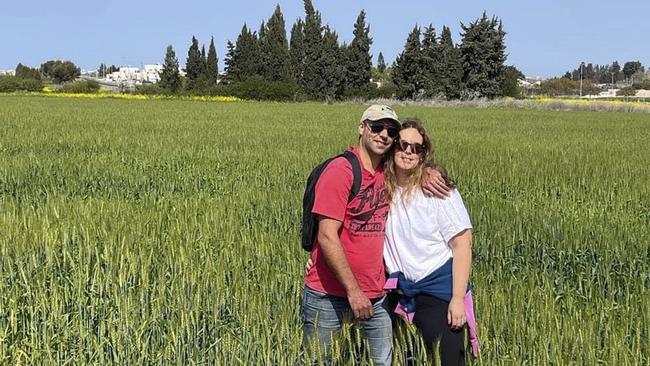
Keren Lewinsohn, who has called Australia home for 16 years, says Kfar Aza, where she grew up, will never be the same.
Ms Lewinsohn, from Caulfield in Melbourne, says it was a place where “everyone is your family”, so much so that the small kibbutz, full of young families who have moved there from the big city, has a WhatsApp group.
About 80 people from the kibbutz were murdered, local news reports, including her four closest friends.
Ms Lewinsohn’s parents, brother and sister were spared, although she learned of their ordeal, as they hid under beds and in bomb shelters, in real time through the family group chat.
One of her friends, Yahav Winner, was protecting his wife and four-week-old daughter when he was killed, she heard from others in the town. The actor lived in a row of houses behind her parents.
Ms Lewinsohn says terrorists came to their window, and Mr Winner tried to push it closed, as his wife ran with their baby out to the street, then from house to house looking for shelter. When a family let her in, she stayed for 19 hours in their bomb shelter until they were rescued.
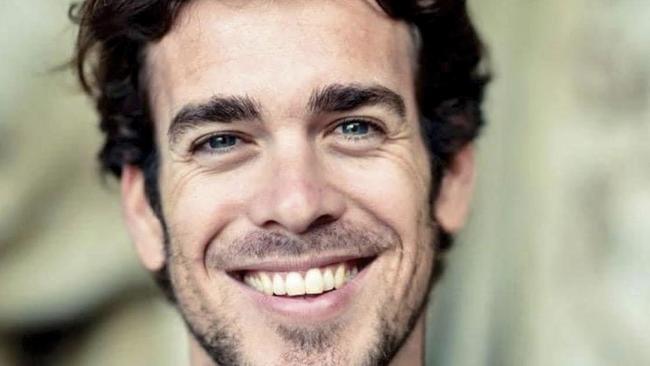
“He was killed but he saved them,” Ms Lewinsohn said.
The stories of horror are many, she says. “This is a different level of hell. The kibbutz will never, ever be the same. There’s nothing to go back to. The images coming out, I can’t even look at them.”



